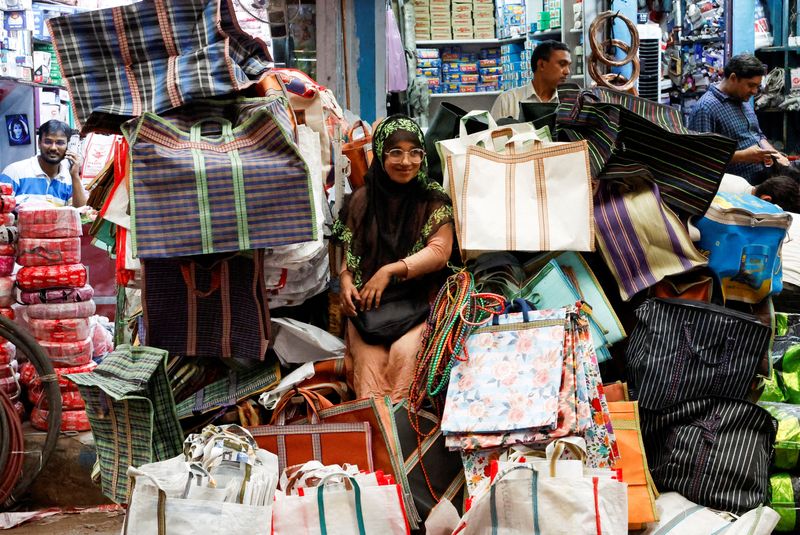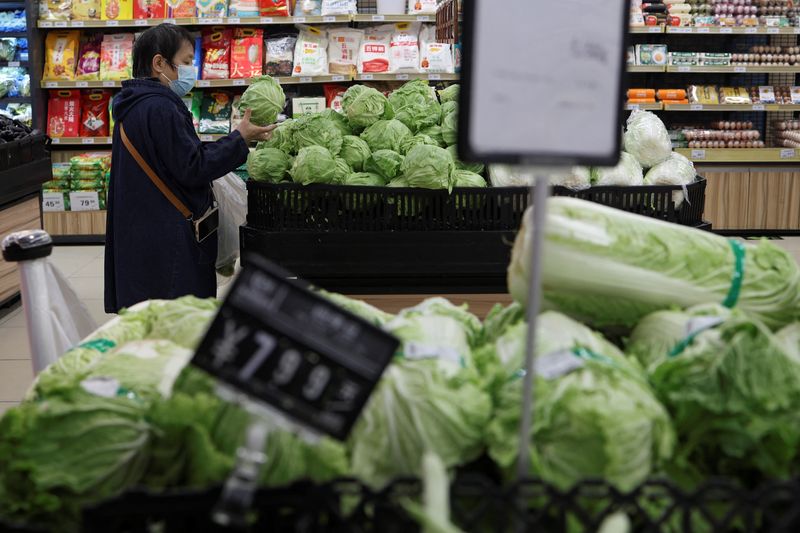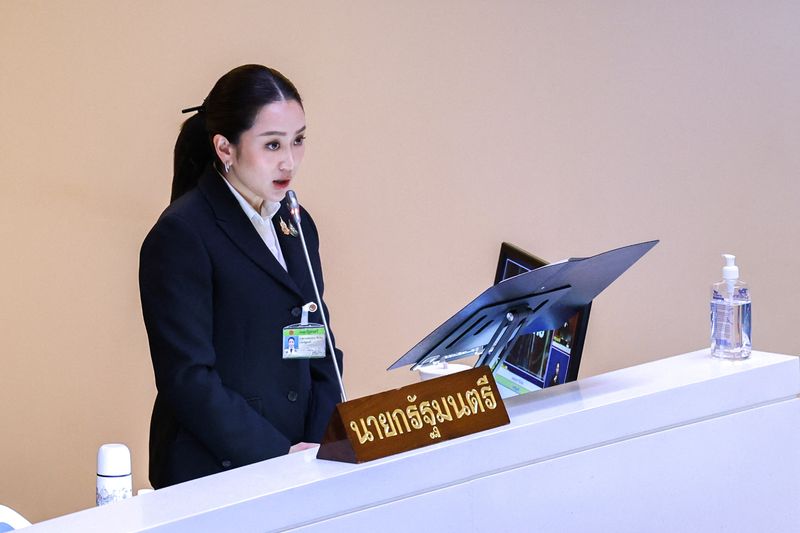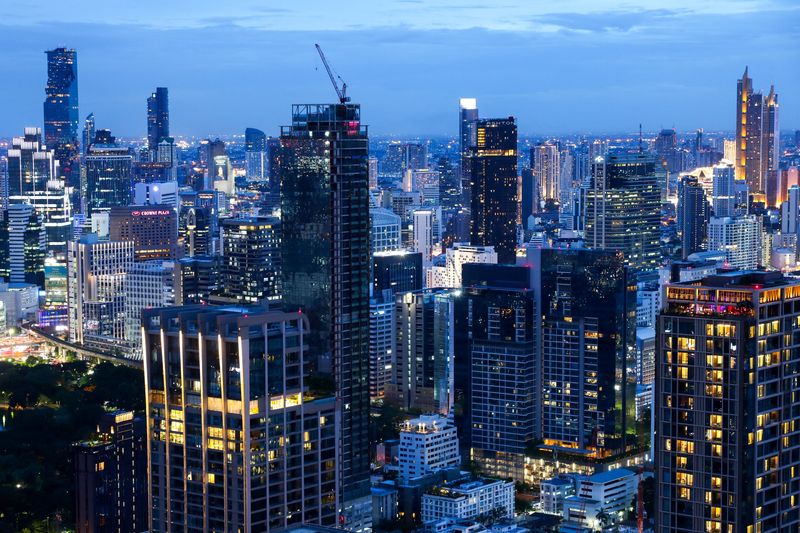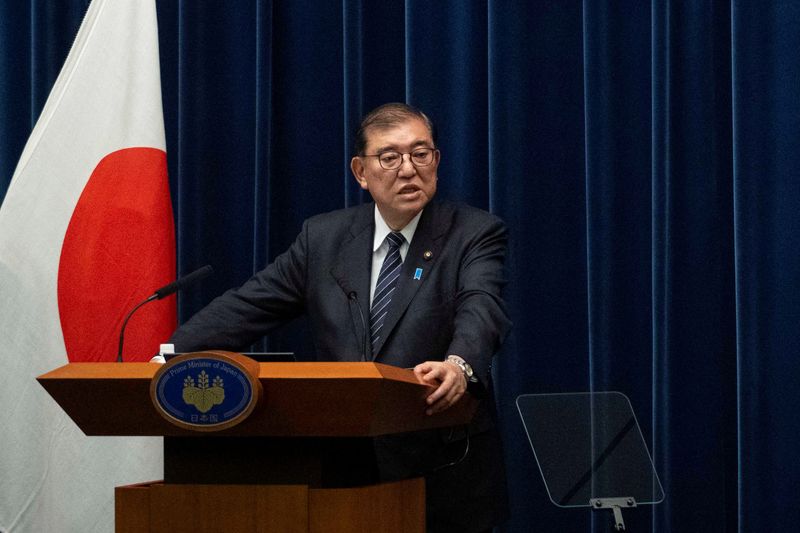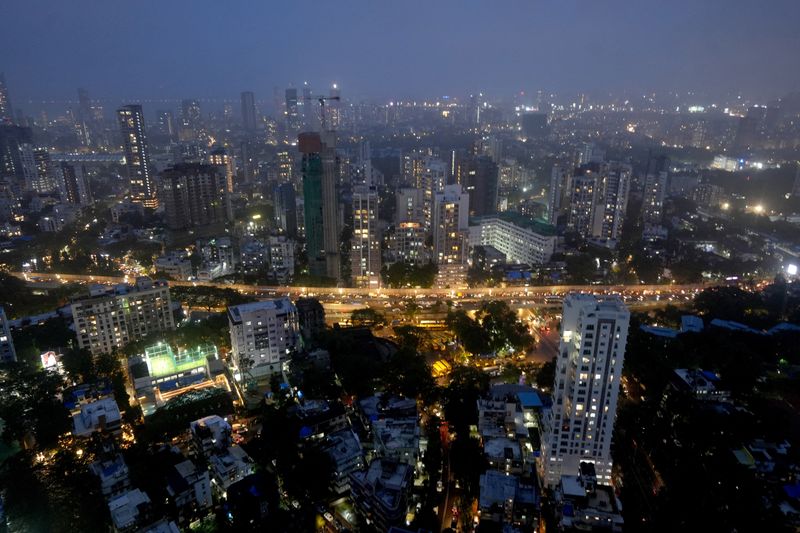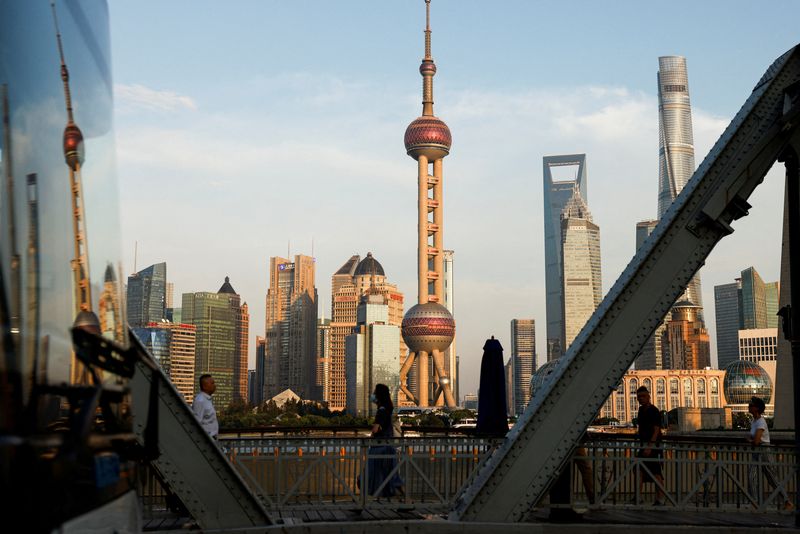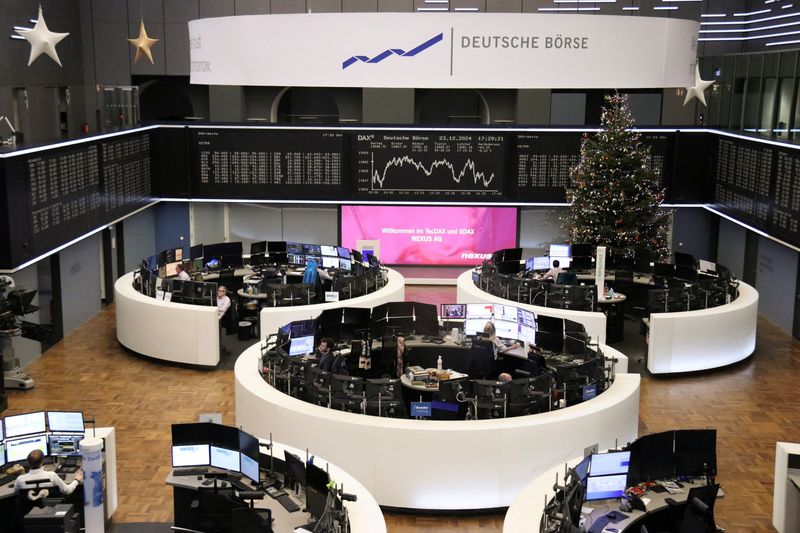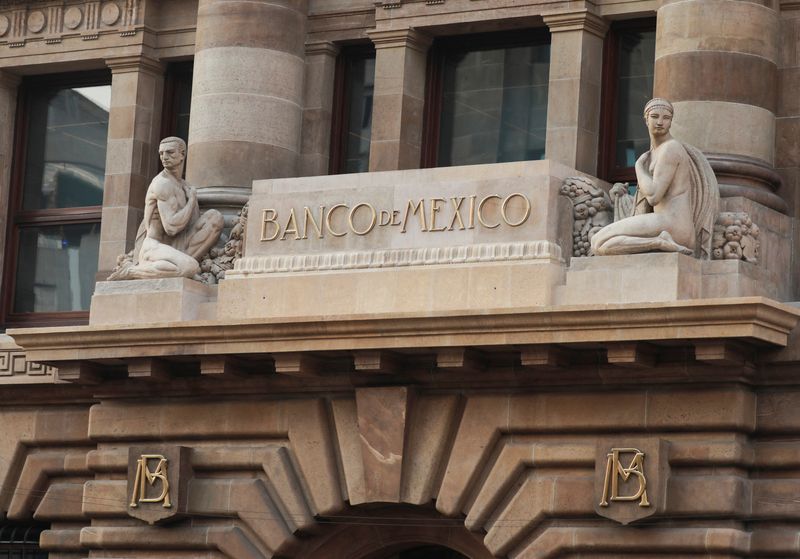BAKU (Reuters) -World leaders are speaking at the U.N. climate summit in Baku on Wednesday.
Here are the latest comments:
ALBANIA PRIME MINISTER EDI RAMA
“I decided to leave aside my well prepared speech because …yesterday I was watching the silent TV in the leaders’ lounge, where the organizers have thoughtfully added green plants above the comfortable couches.
“People there eat, drink, meet, and take photos together, while images of voiceless speeches from leaders play on and on and on in the background.
“To me, this seems exactly like what happens in the real world everyday. Life goes on with its old habits, and our speeches, filled with good words about fighting climate change, change nothing.”
U.S. CLIMATE ENVOY JOHN PODESTA
“We have a clear choice between a safer, cleaner, fairer future and a dirtier, more dangerous, and more expensive one. We know what to do. Let’s get to work. Let’s get it done.”
RUSSIAN PRIME MINISTER MIKHAIL MISHUSTIN
“The transition to low-emission energy must not compromise the development of low-income countries. Global warming should not be used as a pretext for unfair competition or restrictive practices. Credible mechanisms for implementing international agreements are essential, including a unified system for evaluating the quality of climate projects.”
IRAN VICE PRESIDENT SHINA ANSARI (via translator)
“We hope that (the) international community, free from political issues, will stand together, exchange knowledge, transfer technology and facilitate accessing financial resources without discrimination, and fully lift unilateral sanctions against countries, particularly the Islamic Republic of Iran.
“However, we cannot forget the fact that the current climate situation of the world is the result of the industrial policies of (a) few developed countries and developing states shall not be deprived of their right to development because of what others have done.
“Once again, we emphasize that if this conference should intend to prove its goodwill in striving for a better future for all, while persisting on avoiding double standards to achieve meaningful actions by all countries to achieve these goals.”
VATICAN SECRETARY OF STATE CARDINAL PIETRO PAROLI
“A true ecological debt exists, particularly between the global north and south, connected to commercial imbalances, which affects on the environment and the disproportionate use of natural resources by certain countries over long periods of time.
“Therefore, it is essential to seek a new international financial architecture that is human-centered .. and based on the principles of equity, justice and solidarity. A financial architecture that can truly ensure for all countries, especially the poorest and those most vulnerable to climate disasters, both low carbon and high sharing development pathways.”
BAHAMAS PRIME MINISTER PHILIP DAVIS
“Already, catastrophic climate events worldwide have led to significant loss of life, property, and infrastructure. And yet, we persist in responding to these events as though they are merely unfortunate, isolated, and national incidents. I ask you to look beyond borders, beyond flags: the fires that devour your forests and the hurricanes that devastate our homes are not distant misfortunes but shared tragedies.
“What we endure, you endure. What we lose, you lose. And if we fail to act, it will be our children and grandchildren who bear the burden, their dreams reduced to memories of what could have been.”
GREECE PRIME MINISTER KYRIAKOS MITSOTAKIS
“Europe and the world must be more honest about the trade offs involved in the energy transition. Yes, the energy transition will, in the long run, lower costs, but this transition will not be painless.
“We need to ask hard questions about a path that goes very fast at the expense of our competitiveness, and a path that goes somewhat slower but allows our industry to adapt and to thrive. It is our responsibility to weigh these trade offs carefully, not to whisk them away.
“Our citizens are faced with unprecedented climate shocks, we need more resources to prepare to respond in time, in order to save lives and livelihoods and to help people and communities rebuild after disaster. We cannot focus so much on 2050 that we forget 2024.”
COOK ISLANDS PRIME MINISTER MARK BROWN
“Let us ask ourselves, what if this was my home, my family? This shared sense of humanity should inspire us to work towards tangible, transformative outcomes over the coming days, ensuring that COP29 concludes with meaningful progress.
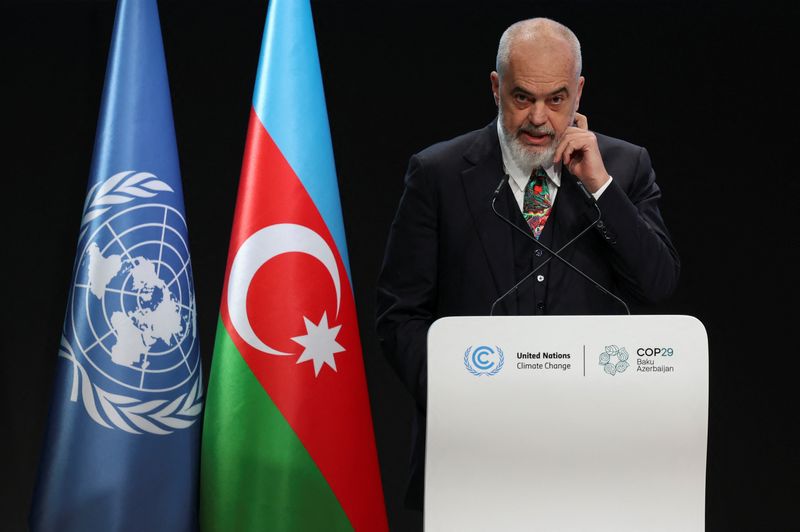
“These appeals have been voiced countless times, including by myself, at previous COPs. Yet here we are again, frustrated by inaction, unheard and facing resistance to the necessary scale of climate finance.
“For the sake of those most vulnerable, we must set a path forward that aligns with the urgent realities we face. My country is ready, again, to play its part. The question remains, are we ready to act decisively and collaboratively for future generations?”

